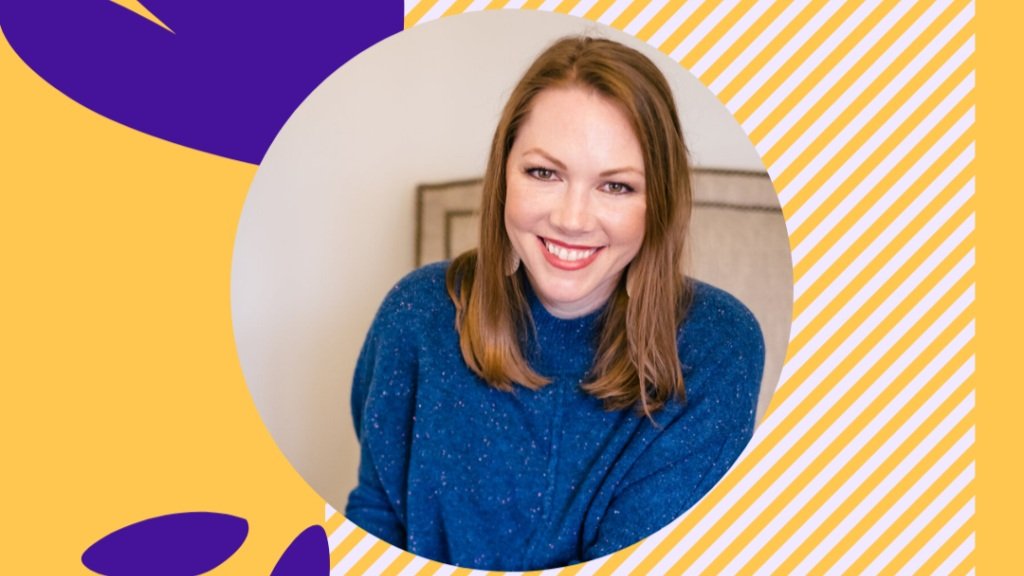Freelance Bookkeeping 101: Everything You Need to Know
So you’ve started a business, congrats!
The journey of entrepreneurship is a long and rewarding one, with a lot to learn along the way. I thought I’d help you speed up the process and walk you through the most important contributor to small business success: your balance sheet.
Not sure what a balance sheet is or why you should have one? It’s all about where you’re losing money, spending money and where your liabilities are. Feeling a little lost? No worries, I’ll take you through the basics.
What is a Balance Sheet?
I was working with one of my favorite clients recently, and after I finished getting her setup within Quickbooks, I told her I wanted to go over her balance sheet. Her response was "What's a Balance Sheet?" It immediately hit me that many small business owners may not be familiar with the balance sheet, or how valuable it can be.
I get it, you want to see your Profit & Loss Statement (which is important too!), but please believe me when I say that your balance sheet is a great financial statement, and every business should have one.
At a glance, your balance sheet will show your the following:
Assets: Things of value, like cash, inventory, office furniture, computer equipment, amounts owed to you, etc.
Liabilities: Amounts owed by the business, like credit card debt, business loans, etc.
Equity: The amount of money put into the business by the owner, the amount of net profit or loss generated since the start of business, and the amounts paid back to the owner over time through "owner draws" or "distributions."
I Don't Have a Balance Sheet, But Now I Want it. How Do I Get One?
This is how it works: If you’re recording your business transactions regularly (aka bookkeeping), then your accounting system will be able to take all of the information that you've entered and produce a balance sheet UNLESS you're using Quickbooks Self -Employed.
RANT ALERT: I have a beef with Quickbooks Self-Employed. The fact that you can't run a balance sheet is a huge flaw within that system. If you're using Quickbooks Self-Employed right now, I suggest switching to Quickbooks Online Essentials. Or, if you're in need of an accounting system and are considering Quickbooks, do not choose Quickbooks Self Employed. Talk to ANY accountant, and they will tell you that the balance sheet is a necessity. Okay, end rant.
What if I'm Not Using an Accounting System OR I'm Using Quickbooks Self-Employed?
I want to help you! But here's my issue, I'm at max capacity when it comes to taking on new clients. BUT I’ve created an online course that walks you step-by-step through creating an accounting system that will work best for you and will allow you to record your transactions, and generate a Balance Sheet along with a Profit & Loss Statement (commonly called "P&L".)
Once I have a Balance Sheet, How Will I know What the Heck I'm Looking At?
I've been working on resources that I think could be helpful to you. I've created this free webinar where I quickly walk you through a Balance Sheet and Profit & Loss Statement, and describe what they are telling you about the health of your business. Take 30 minutes of your day and watch it.
Setting up your business for success doesn’t have to be hard, and you don’t have to do it alone. Need some help? Schedule a free 15 min consultation with me where we can understand where and how your business can become more profitable & organized.

